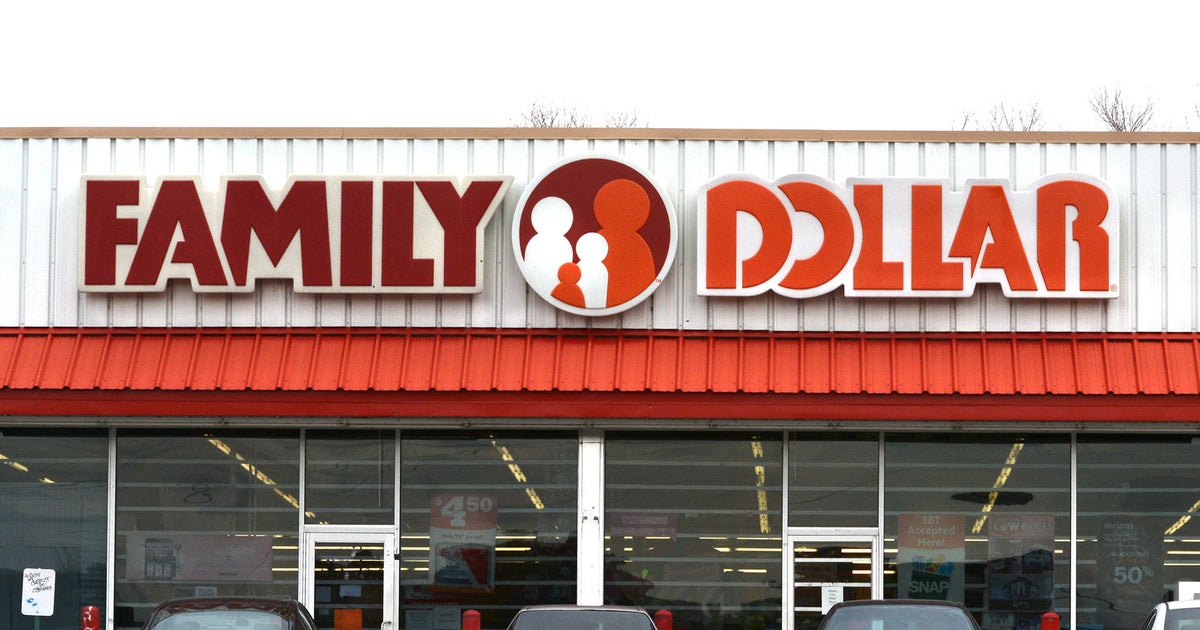GameStop CEO exiting with $170 million payday thanks to Reddit market frenzy
GameStop CEO George Sherman is set to collect nearly $170 million when he exits the top job this summer after just over two years at the helm, a time the struggling retailer has racked up large losses.
When Sherman joined the company in April 2019, GameStop had fiscal-year sales of $8.3 billion and operating income of $310 million. Since then, sales have tumbled and earnings have evaporated. The company had $5 billion in sales in its latest fiscal quarter and an operating loss of $253 million.
Although the coronavirus pandemic walloped GameStop's business as it did other retailers, the company's sales and earnings were falling even before the health crisis. In all, GameStop has lost nearly $700 million during Sherman's tenure as CEO. Earlier this month the company announced that Sherman was stepping down from his role as the CEO of the company.
The departure comes amid a shake up of the company by Ryan Cohen, the co-founder and former CEO of online pet retailer Chewy. Cohen, GameStop's largest outside shareholder, was recently named chairman of the company's board. Sherman will remain on the board.
So what's behind Sherman's eye-popping award? The social media-driven market frenzy earlier this year that sent GameStop's stock up more than 2,000% in less than month. The meteoric rise in GameStop shares, along with those of other "meme stocks" embraced by enthusiasts on Reddit and stock app Robinhood, has revealed problems with stock trading. Critics have also taken issue with the largely unfettered market access services like Robinhood give to mostly younger, inexperienced investors who might not be emotionally equipped to deal with dramatic losses.
The episode is also shining a light on the lavish rewards often given to CEOs, particularly when their pay seems to exceed their performance.
Much of Sherman's payday stems from GameStop granting him nearly 1 million shares of the company's stock in mid-2020. That stock was supposed to be paid out in equal amounts over a three-year period. At the time, the shares were worth a total of about $5 million.
Since then, GameStop shares have soared to $170, from just under $5 in mid-2020. Equally notable, Sherman's employment agreement stipulated that if he decided to quit for a good reason, or his employment was terminated by the company without cause, the three-year stock grant would vest immediately. That allows Sherman, whose last job before GameStop was as the head of retailer Advance Auto Parts, to cash in all of his shares as soon as he wanted.
Neither Sherman nor GameStop have said why he is leaving the company, though his separation agreement specifies that his departure is not as the result of any "wrongdoing." GameStop did not return a request for comment.
Companies and their compensation consultants have long argued that paying CEOs mostly in company stock, rather than in cash, better ties the executive's compensation to its performance and aligns a leader's financial interests with those of other shareholders. But the recent disconnect between the stock market and the broader economy amid the pandemic has thrown a wrench in that argument, raising questions about the rationale for how CEOs are paid.
"Most investors are doing so for their retirement, so I want to be comfortable that the stocks that I own will hold their value for the next 25 years," said Rosanna Landis Weaver, who analyzes executive compensation at As You Sow, a nonprofit that promotes shareholder advocacy on inequality, the environment and other issues.
"If you are going to align a CEO's interest with mine or an average shareholder, it's not just paying them in stock — it's also making sure they have to hold onto those shares for a significantly long period," she added.
Weaver said forcing Sherman and other departing CEOs to retain their shares for years after they leave a company, as some large companies like Exxon Mobil do, would fix this problem. "By the time he got to sell, we wouldn't be still talking about WallStreetBets," said Weaver, referring to the Reddit comment board that helped fuel the mania in meme stocks like GameStop.
In fact, the stock market gain has put a spotlight on GameStop's business and given more ammunition to insiders who think the brick-and-mortar retailer is not doing enough to adapt to a world in which most video games are downloaded from home rather than purchased in a store. Cohen, the entrepreneur and GameStop's chairman, gained a following among the company's online boosters as a large investor in the retailer, and he has been pushing to speed its transition to ecommerce.
Sherman, who is expected to exit the top role at GameStop by the end of July, did forfeit a cash payout he was supposed to get upon leaving the company. He will also sacrifice $50 million in shares that he might have gotten if GameStop's performance had improved over the next few years.
Alan Johnson, one of the nation's top compensation consultants, acknowledges that the lack of stock holding requirements for top executives after they leave a company represents a "weakness" in the way they are paid. In general, however, he has faith in compensation arrangements that tie corporate leaders' paychecks to stock market performance.
"Yes, [Sherman] made too much, but so did shareholders, and we are not going to ask them to give back their gains," Johnson said. "It's not a perfect system, but it's the best that we have come up with."



